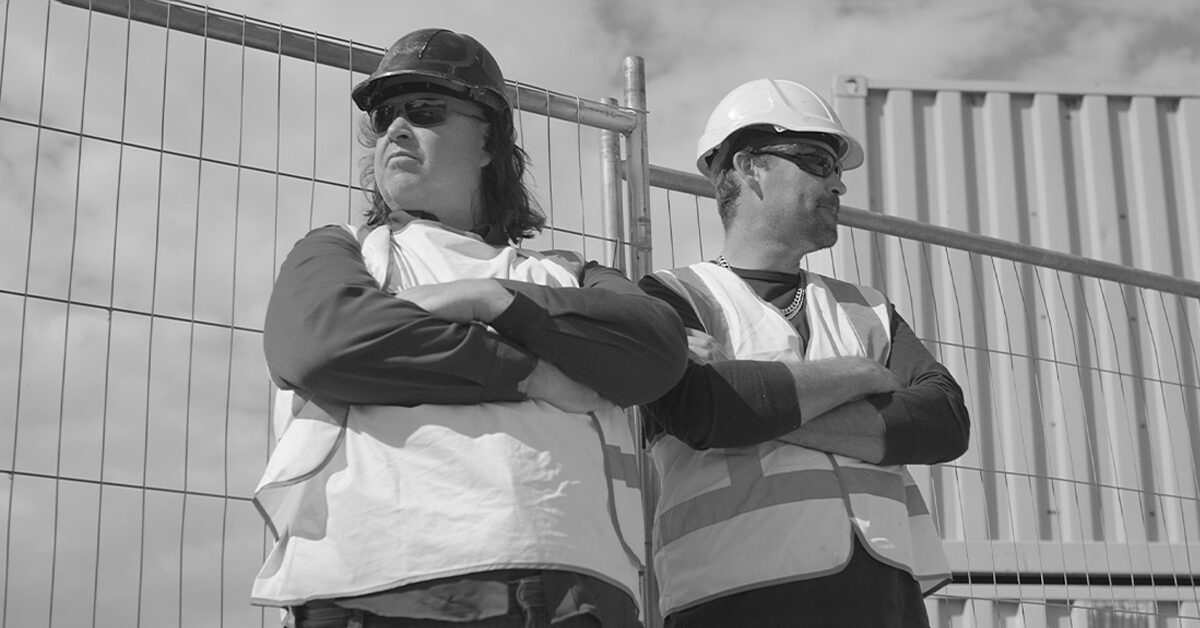- No products in the cart.
3 Judgements, 5 Days, 216,100 more reasons why we need Ensuring Integrity Laws
June 26, 2019


Three new Federal Court judgments in just five days have added 216,600 more reasons why builders back foreshadowed ‘Ensuring Integrity’ laws, say Master Builders Australia.
“These decisions are more reasons why the Government’s foreshadowed Ensuring Integrity laws are a key ingredient in stamping out building union bullying and intimidation on construction sites,” Denita Wawn, CEO of Master Builders Australia said.
“The Ensuring Integrity laws, when last introduced, improved existing rules to help registered organisations and their officials to comply with the law along with real consequences for serial law breakers – these are features we hope to see retained when the Bill is returned to the Parliament,” she said.
The three recent judgments all involved illegal activity on Victorian construction sites and add to the already long list where building unions have been found breaking Fair Work laws, described by one Judge as an “appallingly long history of prior contraventions”.
“With the Courts saying that the illegal activity of building unions has become orchestrated and deliberate, with no signs of remorse or steps to ensure future compliance with the law, something needs to be done so to send a message that no-one is above the law and bullying isn’t tolerated,” Denita Wawn said.
“This string of decisions shows why the Ensuring Integrity laws are crucial. After amassing over $4 million in fines this financial year, building union culture of bullying hasn’t shifted one bit – and our Courts hands are tied to take any other action,” she said.
“Without a better tool chest for the Courts, building unions will just keep getting away with their bullying,” Denita Wawn said.
The 3 Judgements
Case 1
A Victorian building union official was fined $2,600 after being found to unlawfully enter a Ringwood construction site on four separate occasions in six months – without a Right of Entry permit. In handing down the penalty, the Court found that the building union official had to be removed from the site by police after refusing a lawful request to leave.
The Judge noted the same official had a substantial record of similar contraventions, amassing a total of $127,600 in fines for some 20 prior contraventions.
Case 2
The court found that a Victorian building union had engaged in coercion by attempting to enforce a ‘closed shop’ policy that forced all workers on site to join the union. The case arose after a commercial painting business illegally terminated a subcontractor because they were not a financial member of the union. In the initial April decision, the Judge found that the union, through the head contactor, coerced the subcontractor into joining the union and forced them to back-pay membership fees. Adding $16,200 more to the initial penalty of $78,000 the Judge said:
“In my view, there was nothing inadvertent or accidental about what occurred….”
And that there was evidence of:
“…a preparedness to assist the CFMMEU in furthering its “closed shop” policy ….”
Case 3
A union and two officials were fined $119,300 for illegal entry to commercial construction sites in Melbourne – with $100,000 fine to the union, and $11,500 and $7,800 in ‘personal payment order’ fines to the officials. Justice Bromberg found that the union officials were repeat and persistent offenders and broke the Fair Work laws when they refused to show Right of Entry permits, then abused and threatened a site manager. The court found the officials had said:
“You … don’t want to be the dog who calls the cops on a union official… [W]e won’t forget this low act. We won’t forget that you did this“.
The court went on to observe:
‘…the conduct was part of a deliberate and orchestrated campaign which had the express or tacit approval of more senior officials of the CFMMEU…’
‘The CFMMEU, and in particular the [Construction General] Divisional Branch, has an appallingly long history of prior contraventions of industrial laws…’
‘There is no evidence before me of the CFMMEU taking any compliance action to counsel, educate, or inform [the officials] in order to prevent the reoccurrence of contravening conduct by them in the future. Nor is there any evidence before me of any compliance regime ever put in place by the CFMMEU to address its long history of prior contraventions’

